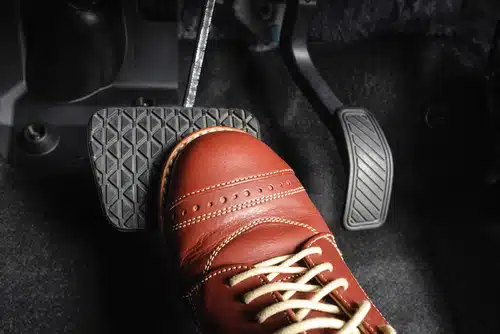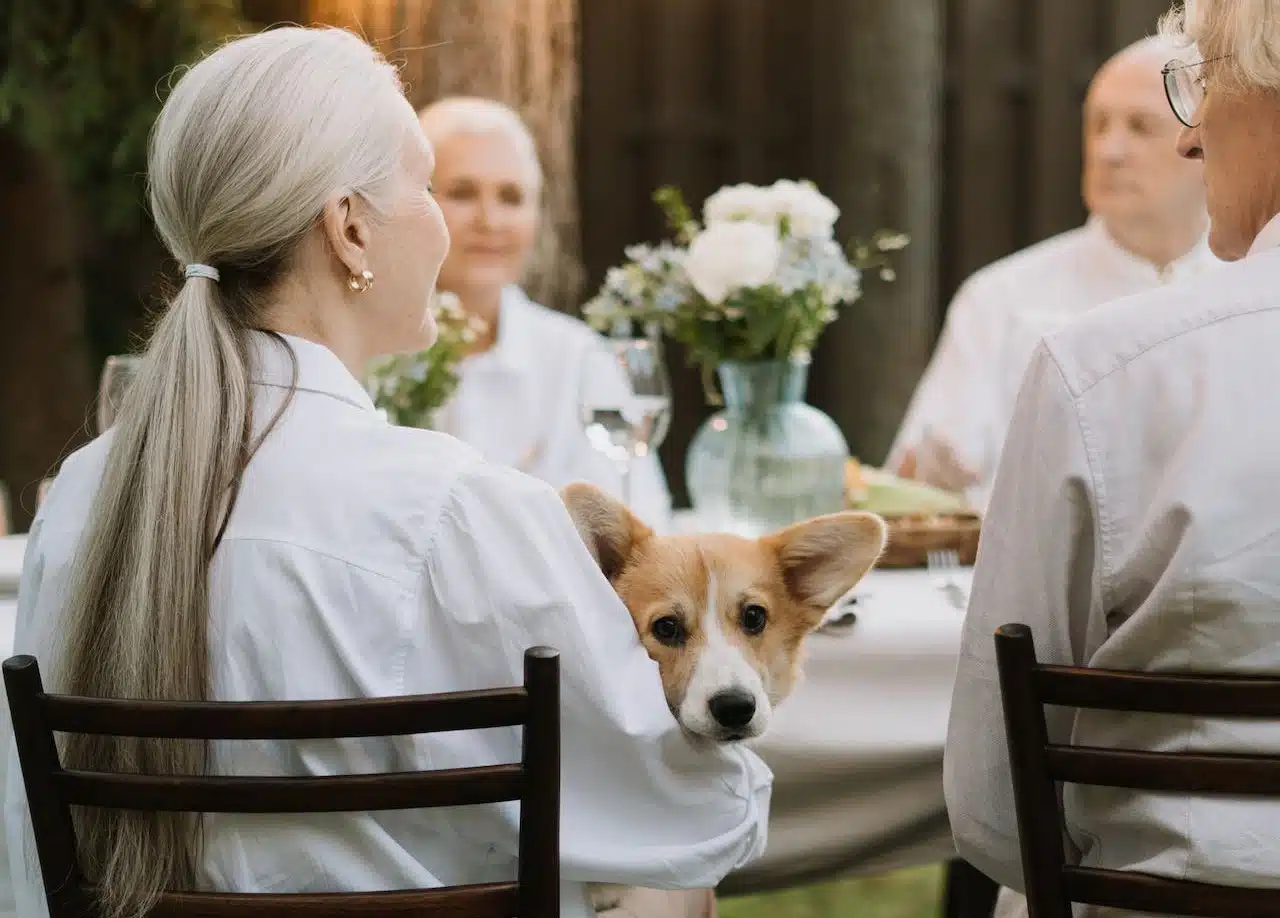Home » Blog » Pet » Pets: Understanding Them » Pedigree vs Purebred: What’s the Difference?
Categories
Tags
animal welfare
breed profile
buying a car
buying a pet
Car
car accessories
car care
car features
car insurance
Car safety
car sales
car service
cat
cat behaviour
cat body language
Cat Breeds
cat food
cat insurance
comprehensive car insurance
Dog
Dog Behaviour
dog body language
Dog Breeds
dog food
Dog Insurance
dog training
eco friendly cars
Kitten
New Car
pet accessories
pet activities
Pet Adoption
pet breeders
pet days of the year
pet fun stuff
Pet Health
pet insurance
pet parenting
Pet Safety
pet services
Puppy
rescue pets
road safety
road trip
safe driving
Recent Blog:
Facebook Posts
2 days ago
Growing old sometimes means we can’t take care of pets anymore. Find out some advice on what to do when this happens:![]()
![]() Senior Pet Parents – Contingency Plans for Your Pet – bit.ly/44bzwkS
... See MoreSee Less
Senior Pet Parents – Contingency Plans for Your Pet – bit.ly/44bzwkS
... See MoreSee Less
Senior Pet Parents' Contingency Plans for Pets
www.pd.com.au
Sometimes senior pet parents need more downtime. For older pet owners, this can be tricky to navigate if their dog or cat is full of beans and wants to4 days ago
Before you rev up the engine, let’s run through a checklist of things to do before starting your car. Not only do these steps ensure your safety (and that of others around you), but they also help in maintaining your vehicle's longevity.![]()
![]() Driving Tips: Your Checklist Before Starting Your Car -
... See MoreSee Less
Driving Tips: Your Checklist Before Starting Your Car -
... See MoreSee Less
Driving Tips: Your Checklist Before Starting Your Car
www.pd.com.au
Heading out for a drive? Hold up a second! Whether you're dashing off to work, running errands, or embarking on a road trip adventure, there are a few1 week ago
Are intestinal worms setting up camp in your dog’s gut without paying rent? Here’s how to spot the main culprits and get rid of them too:![]()
![]() Preventing, Identifying and Treating Intestinal Worms in Dogs - bit.ly/43YjCKu
... See MoreSee Less
Preventing, Identifying and Treating Intestinal Worms in Dogs - bit.ly/43YjCKu
... See MoreSee Less
Preventing, Identifying and Treating Intestinal Worms in Dogs
www.pd.com.au
Intestinal worms, such as roundworms in dogs are one of the least glamorous topics on the planet. These intestinal parasites that basically use our dogsPedigree vs purebred might sound like a needless concept. Why the tussle? Surely they’re same thing? No, they’re not quite the same. That’s why we’re going to cover everything pedigree and everything purebred in this article.
After you’re done here you’ll be able to educate anyone and everyone who loves animals.
So, if they’re not the same, what exactly is the difference?

Pedigree vs purebred; what’s the difference?
The tricky thing is that people like to use these words interchangeably. They’re both used to describe the breed or genetics of an animal, but they aren’t exactly the same. So how are they different?
Well, there’s one main difference between purebred vs pedigree. Purebred means that both parents of the dog or cat in question are the same breed and that they’re purebreds of that breed. So to get a purebred French Bulldog, you need a purebred French Bulldog mum and dad.
Essentially, when using the term purebred you’re talking about the pup’s parents.
Pedigree means that the French Bulldog’s breeding history has been recorded and you can trace their bloodline back in time through their family tree.
When using the term pedigree, you’re talking about the pup’s entire genetic background.

Let’s dive a little deeper into what purebred means
So, you now know purebred pups and kittens are bred from purebred parents of the same breed. This is done to ensure that the child will carry the characteristics of the parents, making the breed specs consistent and predictable.
We call this type of breeding selective breeding. Not sure if your furkid is pure of breed as well as of heart? You can find out how to tell if a dog is purebred here, and the same applies to purebred cats. Also, you might’ve heard pedigree dogs are more likely to carry hereditary issues – read up on this in our ‘purebred dogs, yay or nay‘ article.
To add to our description of purebred above, let’s use an example. A kitten born from two purebred cats (of the same breed, otherwise it won’t be a purebred) will carry traits from the parents. However, this doesn’t mean that the kitten will carry traits of all the breeds in the family tree.

Now for pedigree
Like we said before, pedigree means the breeding history of a pet’s parents, grandparents and so on has been recorded. You can trace their bloodline back. This is recorded in what’s called a breeding registry.
A big reason for this is to document traits and diseases through several generations. That information can then be used to identify which animals in their family tree recognisably or silently carried these traits or diseases.
So how do you get your beautiful new pedigree pup or kitten registered? Well, we’ve written a whole article detailing how to get your dog papers, so you’ll find all the info there! A very similar process applies to cat papers.
Once registered, you receive a certificate to prove your beautiful furbaby is pedigree and you’ll be able to more easily continue the family line if you’d like to explore that.

Where pedigree vs purebred gets confusing
Now that this all makes sense, you might be thinking “well, that’s not so confusing”. And you’re not wrong. Where people tend to trip over these terms is that all pedigree pets are purebred. But not all purebred pets are pedigree.
What we mean is that all pedigree animals must be bred with other pedigree animals from the same breed to give life to new pedigree pups and kittens. So when you’re breeding with animals from the one breed (and only the one), you’ll always get purebred furbabies. However, breeding from parents of the same breed that aren’t pedigree – aren’t registered, with no breeding registry listing – will give you a purebred furbaby that isn’t pedigree.
And now you’re a purebred vs pedigree aficionado. Congratulations!

All furballs are welcome
Whether you’ve a pedigree, purebred or anything else, pet insurance can protect your pooch, kitten, and your pocket across all kinds of illnesses, accidents, infections and beyond.
At PD Insurance we have plenty of pet cover options for pet parents. Take a couple of minutes to find the dog insurance or cat insurance plan that suits you purrrfectly.
Share On:




